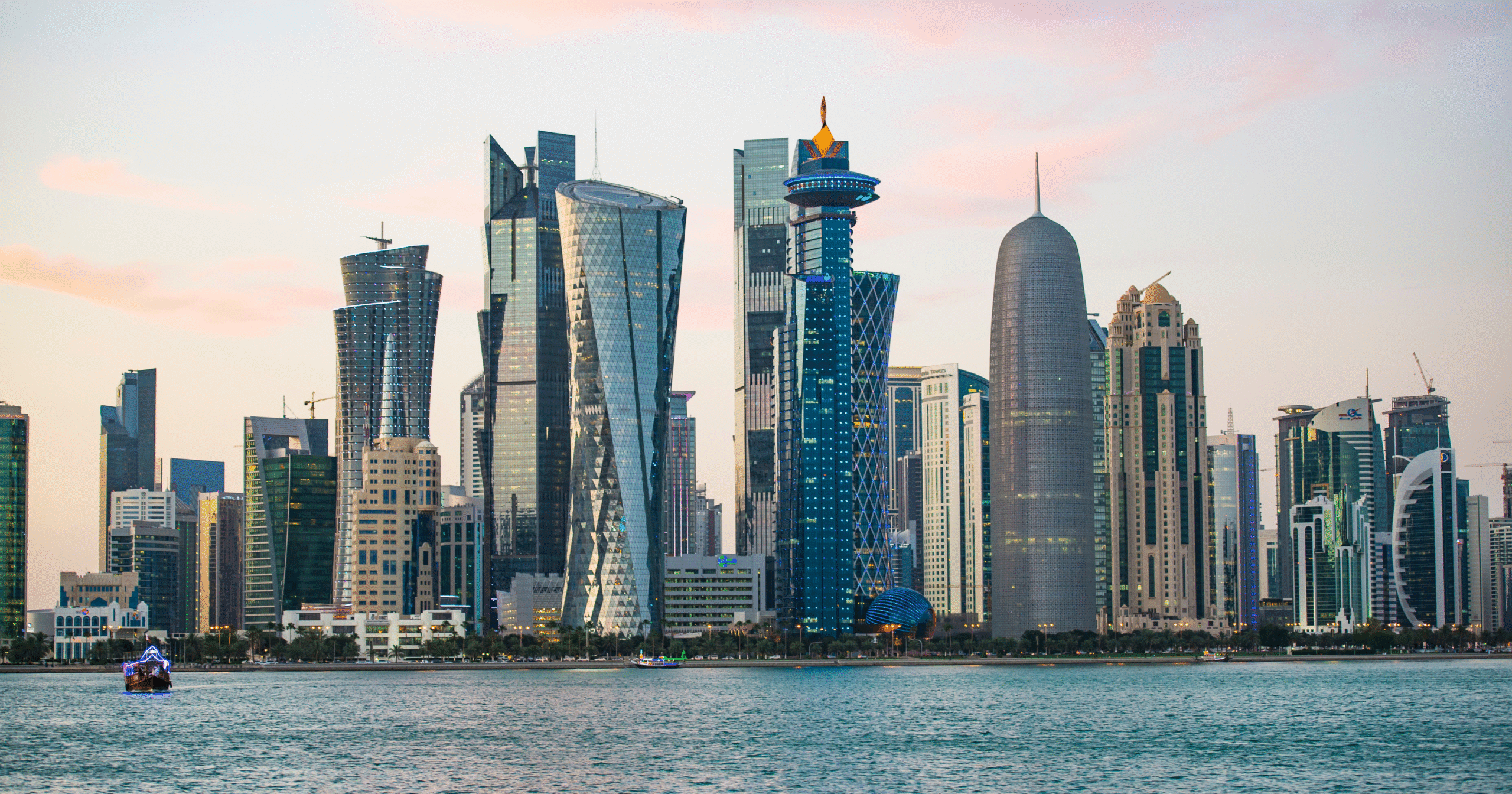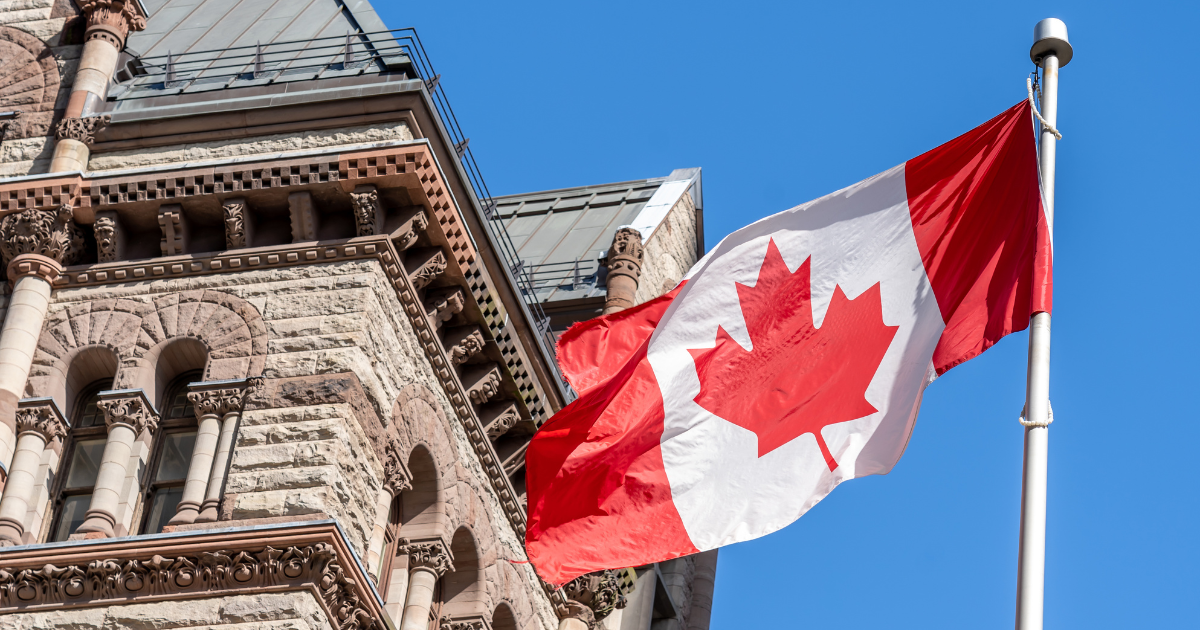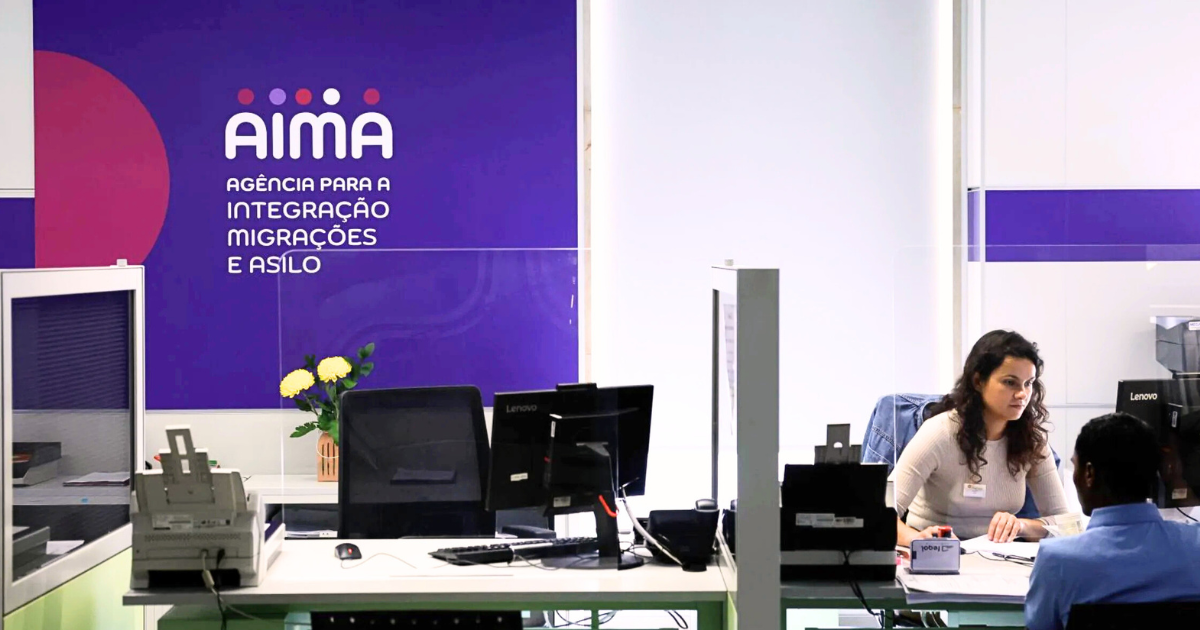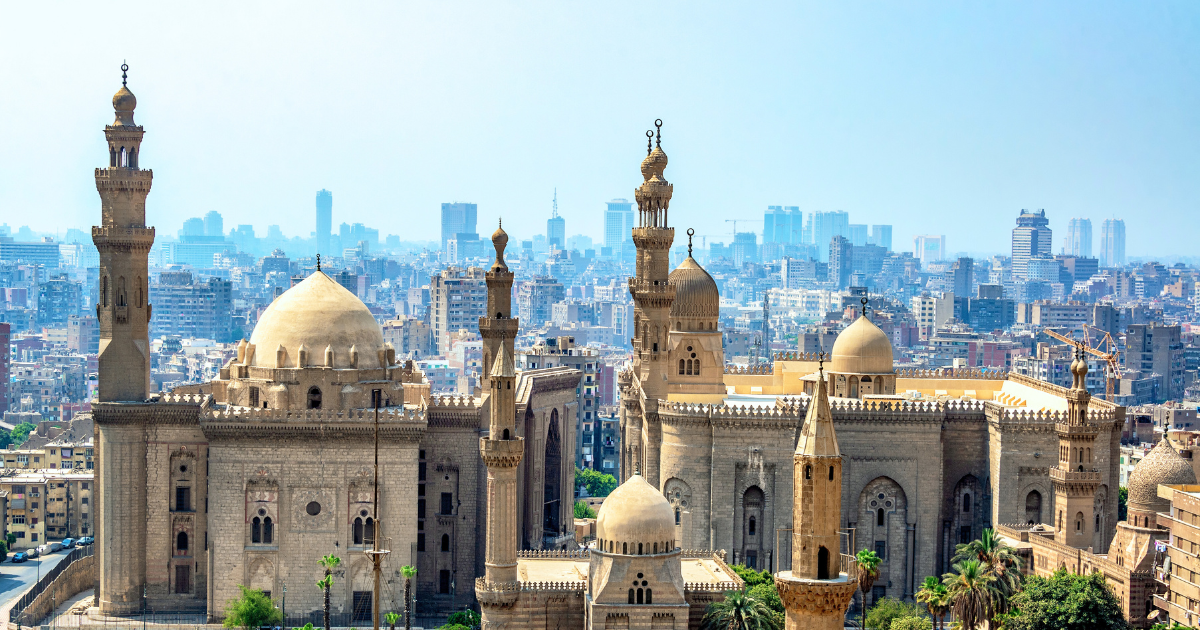The Golden Visa – also known as the “golden residency visa” – is not just an immigration investor program but also a symbol of financial power and mobility for the global elite. According to the latest statistics from the Investment Migration Council, the global Golden Visa market reached a total value of over 21.4 billion USD in 2022.
Over the past decade, the Golden Visa has become a powerful symbol for international investors as it opens the door to legal residency in Europe – a region with robust economies, top-tier education systems, and attractive welfare benefits.
Designed to attract foreign investment into local economies, the Golden Visa brings enormous economic benefits to granting countries. It is an optimal solution for asset optimization and security for its investors.
What are the reasons behind this shift? What does it mean for global investors? And what viable options remain for the future?
This article will explore the evolution, key trends, and prospects of the Golden Visa program in Europe, offering a comprehensive perspective on one of the most significant investment-migration policies of the 21st century.
The History of the Golden Visa: from economic opportunity to political controversy
Originating from the financial crisis
The first European Golden Visa program was launched in 2012 in Portugal. It aimed to encourage foreign investment in the real estate market following the 2008 financial crisis. Within five years, the program attracted over €6.5 billion in assets, primarily from investors in China, Russia, Brazil, and the Middle East.
Following Portugal’s success, several other countries, including Spain (2013), Greece (2013), Malta (2013), and Cyprus (2014), introduced similar programs, creating an unprecedented investment-based migration “market”.
The Golden Age (2015-2020)
The period between 2015 and 2020 saw a significant surge in the Golden Visa programs across Europe:
- Total direct investment exceeded €25 billion.
- Real estate prices in major cities increased by 20-30%.
- Attracted more than 100,000 investors from Asia and the Middle East.
Nevertheless, with this growth came increasing controversies over the Golden Visa’s impact on real estate markets, national security, and money laundering risks.
Below are detailed statistics on Golden Visa programs in Europe (updated to 2024):
| Country | Total Golden Visas issued (2012 – 2024) | Revenue from Golden Visa (€) |
| Portugal | 11,263 | €6.8 billion |
| Spain | 7,925 | €4.5 billion |
| Greece | 12,000 | €5.2 billion |
| Hungary | 2,500 | €1.2 billion |
The decline and tightening policies (2020 – Present)
Following the COVID-19 pandemic, the European Union began exerting more pressure on countries offering Golden Visas. The European Commission argued that these programs opened doors to wealthy individuals without ensuring significant economic contributions, thereby posing financial, security, and political risks.
The current state of Golden Visa in Europe
From 2022 onwards, most major Golden Visa programs in Europe have undergone significant changes or have been terminated.
Portugal – No longer a real estate haven
From 2012 to 2024, Portugal issued nearly 12,000 Golden Visas, with over 90% of investors choosing real estate. Generated an estimated €7.3 billion in investment revenue. However, a significant shift occurred in October 2023, when the government removed real estate from eligible investments, leaving only options such as fund investments (€500,000), job creation investments, or cultural donations.
Spain – Permanent closure on April 3, 2025
Spain’s Golden Visa was once popular with investors. The program required a minimum Real Estate Investment of €500,000 and successfully attracted over €4.5 billion in foreign investment throughout its duration. However, starting on April 1, 2025, investors must seek alternative residency solutions in Europe due to pressure from the EU and real estate market control policies.
Greece – Proposed elimination of real estate Golden Visa
Greece once had Europe’s lowest-cost Golden Visa program, starting at €250,000. According to Enterprise Greece, the program attracted over €3 billion in investments from 2014 to 2023. However, after August 31, 2024, this investment threshold increased to €800,000. The government is also considering eliminating real estate investment, as housing prices in Athens have surged by an average of 35% over the past five years.
Hungary – Removal of real estate investment option
From 2024, Hungary has officially removed real estate investments from its residency permission program and instead required investors to invest in government-approved financial funds or enterprises. This shift is seen as a strategic move to enhance capital control and enforce anti-money laundering measures, channeling investments into more sustainable economic sectors while curbing real estate speculation.
Europe Golden Visa Updates (2024 – 2025)
Some of the most recent updates on Europe Golden Visa:
Southern Europe (Countries with popular Golden Visa routes and Mediterranean access)
- Portugal requires a minimum investment of €500,000 in financial investment funds, scientific research, or enterprises. Investors must reside at least 14 days every two years to maintain their legal residency. After five years, they can apply for permanent residency or citizenship, enjoying full rights as EU citizens.
- The Spanish government announced Law No. 1/2025, officially terminating the Golden Visa program. According to the new law, applications submitted before April 3, 2025, will still be processed under the existing regulations.
- Italy requires a minimum investment of €500,000 in an Italian company, €1 million in a public benefit project, or €2 million in Italian government bonds. Investors and their families can obtain residency in Italy, and after 10 years of continuous residence, they can apply for citizenship. The program mandates that investors maintain their investments for at least two years and meet background checks and health criteria.
- Greece offers permanent residency to investors and their families through real estate. Starting September 1, 2024, investment thresholds include €250,000 for converted commercial properties, €400,000 for 120m² homes in low-density areas, and €800,000 for similar properties in urban centers like Athens. The program requires no minimum stay and allows Schengen travel.
- Malta offers residency through a minimum contribution of €98,000 and the requirement to rent or purchase property. A minimum donation of €600,000 is required for citizenship by investment, providing eligibility for an EU passport within 1-3 years. The program imposes no minimum residency requirement and grants unrestricted travel within the Schengen Area.
- Cyprus requires foreign investors to invest a minimum of €300,000 in real estate within the island nation. Benefits include favorable tax policies, residency permits for three generations of a family, unrestricted travel within the EU, and the opportunity to apply for citizenship after seven years of residence. Permanent residency is granted within 2-3 months of application submission and remains valid for life.
Central & Eastern Europe (Countries with more recently adjusted or lesser-known programs)
- Hungary has removed real estate investments from its residency program. Investors must now allocate a minimum of €250,000 to government-approved financial funds or enterprises. The program also requires investors to maintain their investments for a specified period and meet criteria related to background checks and health requirements.
- Latvia requires a minimum investment of €50,000 in local businesses or €250,000 in real estate or government bonds. However, demand for Latvia’s Golden Visa program remains low due to increasingly stringent residency conditions. Investors looking to transition from a Golden Visa to permanent residency must meet strict residency requirements as regulated.
Western & Northern Europe (Limited but premium investment routes)
- Ireland Immigrant Investor Program (IIP) requires a minimum investment of €1 million in an approved business or fund or a donation of €500,000 to a charitable project. Investors and their families can obtain residency in Ireland, and after five years of continuous residence, they can apply for citizenship. The program mandates that investors maintain their investments for at least three years while meeting background checks and health criteria.
New opportunities for investors
As Golden Visa programs across Europe undergo historical changes, the investment focus shifts from real estate to financial and business investments. This is a decisive moment for potential investors – act now or consider alternative options. With many European countries closing or restricting Golden Visa programs, immigration investors face a critical question: What are the viable alternatives for obtaining European residency or citizenship without long-term relocation?
As Golden Visas face restrictions, investor interest is shifting toward entrepreneur and startup visa programs. According to the European Startup Monitor, these programs attracted over €2 billion in 2023.
Some noteworthy programs include:
- Ireland Start-up Entrepreneur Programme (STEP) requires a minimum investment of €50,000 in a high-growth potential startup.
- Italy Startup Visa accepts investors planning to establish a startup in Italy with a minimum capital of €250,000.
- France Tech Visa supports high-tech entrepreneurs and investors looking to expand their businesses in France.
- Germany Self-Employed Visa grants permanent residency to entrepreneurs who establish businesses and generate economic value in Germany.
Future Predictions for Golden Visa
The Golden Visa programs are expected to undergo significant changes based on current trends.
Stricter residency and economic contribution requirements
In the past, Golden Visa programs were attractive because they did not require long-term residency – investors only needed to stay a few days each year. However, this is gradually changing, with countries requiring stronger ties to the host nation, such as paying taxes or engaging in economic activities. For example, Portugal and Greece are considering increasing the minimum yearly residency duration. Meanwhile, one of the main reasons behind Spain’s termination of its Golden Visa program is the government’s preference for immigrants who genuinely intend to live and work in Spain.
Shift from real estate to investment funds and businesses
Most European countries are phasing out real estate investment options and replacing them with financial funds, scientific research, or business investments. Portugal and Greece are leading this trend, and other countries are expected to follow suit.
Increasing minimum investment requirements
Not only is the type of investment changing, but the minimum investment threshold is also rising. Previously, Golden Visa programs required investments ranging from €250,000 to €500,000. However, countries are now raising these thresholds to limit the number of applicants. Greece, for example, increased its minimum investment to €800,000 in 2024. In the future, these European residency-by-investment programs may reach the €1 million threshold.
Why are investment requirements increasing?
Governments aim to control the number of applicants and attract only high-net-worth investors, reducing overall participation. Some EU countries believe previous investment thresholds were too low, allowing too many immigrants with limited economic contributions. Thus, raising the investment threshold helps counter the trend of “low-cost” investments.
Golden Visa is no longer an “easy golden ticket,” but this does not mean migration investment opportunities are disappearing. Instead, they are becoming more exclusive, requiring careful planning and delivering more excellent value to local economies. In an increasingly unpredictable world, investors must adopt a strategic mindset, stay updated on policy changes, and seek guidance from reputable migration experts to make the most informed decisions.









